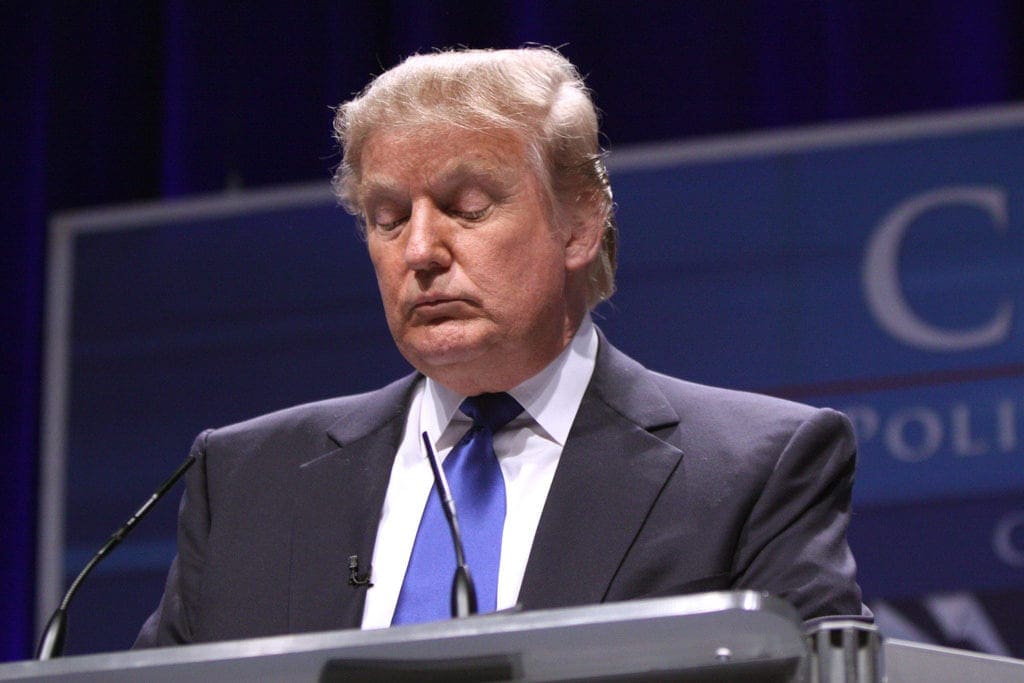President Trump’s fiscal year 2020 budget adds approximately $9 trillion to the national debt through 2024, nearly the same amount added by President Obama during his eight years in office. And how does he propose to pay for so much spending? Optimism, of course.
Relying on the assumption that the economy will grow at a 3.2 percent rate in 2019, the budget also sustains that Congress will say “yes” to his spending cuts. But while news outlets are treating the cuts as a direct attack on Americans in need, Trump and his team are in no way serious about truly cutting the bloated Washington bureaucracy. As a matter of fact, while the budget promises a five percent cut on non-defense accounts and welfare programs, it adds $750 billion to the military.
Interestingly enough, the budget’s title, “A Budget for a Better America: Promises Kept. Taxpayers First,” seems to completely ignore the burden the proposal places on the shoulders of taxpayers and how it will worsen, not better, the American economy.

Despite the outrage the budget proposal has produced so far, especially due to the cuts to the national safety net, few outlets are looking at the real damage the plan could cause.
As economist Carmen Elena Dorobăț explains, political turmoil makes it more difficult for people to navigate global markets, rendering their understanding of government’s fiscal policies quite deficient. But what actually hurts Americans in the long run is not a cut to social programs. What makes the poor poorer is government deficits and easy monetary policy.
Happy-Go-Lucky Fiscal Policy Is Why We’re Broke
With the Federal Reserve promising to return to inflated balance sheets if needed and postponing a raise in interest rates, the U.S. currency continues to lose its value. And as Trump proposes a budget that adds $9 trillion to the national debt, taxpayers are stuck with the bill — for generations to come.
In Human Action, Austrian economist Ludwig von Mises explained that when “government invests funds unsuccessfully and no surplus results, or if it spends the money for current expenditure, the capital borrowed shrinks or disappear entirely, and no source is opened from which interest and principal could be paid.”
Imposing more taxes, he then added, “is the only method available for complying with the articles of the credit contract.”
What Trump means when he promises his budget puts taxpayers first is that they will be first in line to lose bigly. But if you expect Democrats to attack him en masse on this, don’t hold your breath. They, too, like to leave taxpayers stuck with a bill they can’t possibly afford. In the end, there will be no money left to fool around with, whether it’s a Democrat or a Republican in charge.
To bring this awareness to those common voters isn’t an easy task. However, it’s an essential one. After all, both sides of the aisle like to play with our future and the future of our children for the sake of feel-good policies. And looking at the long-term consequences of these policies are never part of the deal.
Image credit: Gage Skidmore




















